Most colorectal cancers occur in people with no significant family history1,2
This is because many factors can increase your risk of developing colorectal cancer.1
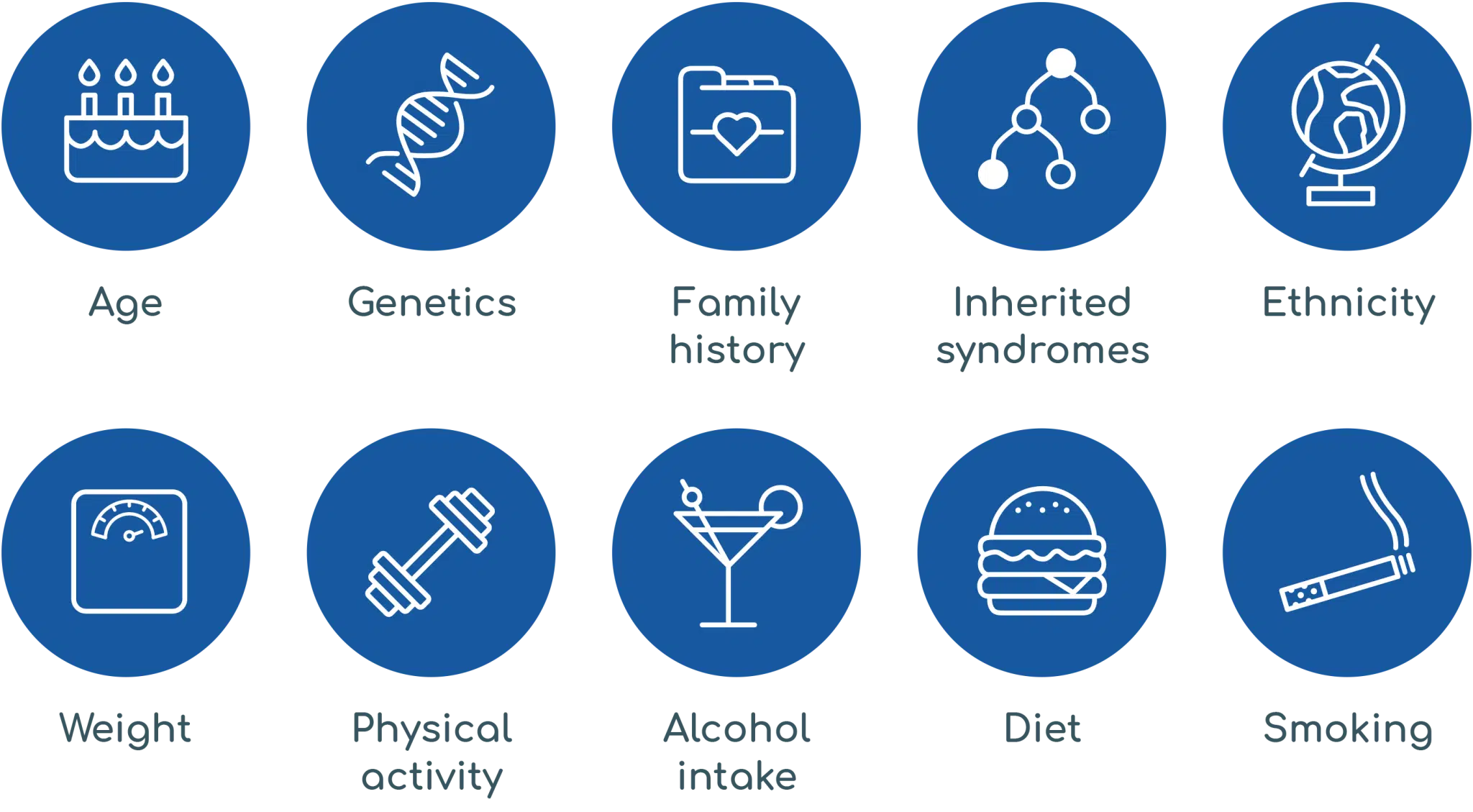
This is because many factors can increase your risk of developing colorectal cancer.1

This short video introduces geneType™ – A comprehensive risk assessment tool that helps you and your doctor make proactive, personalised decisions about screening and prevention. Learn how geneType™ looks beyond family history to give you a clearer picture of your true cancer and disease risk.
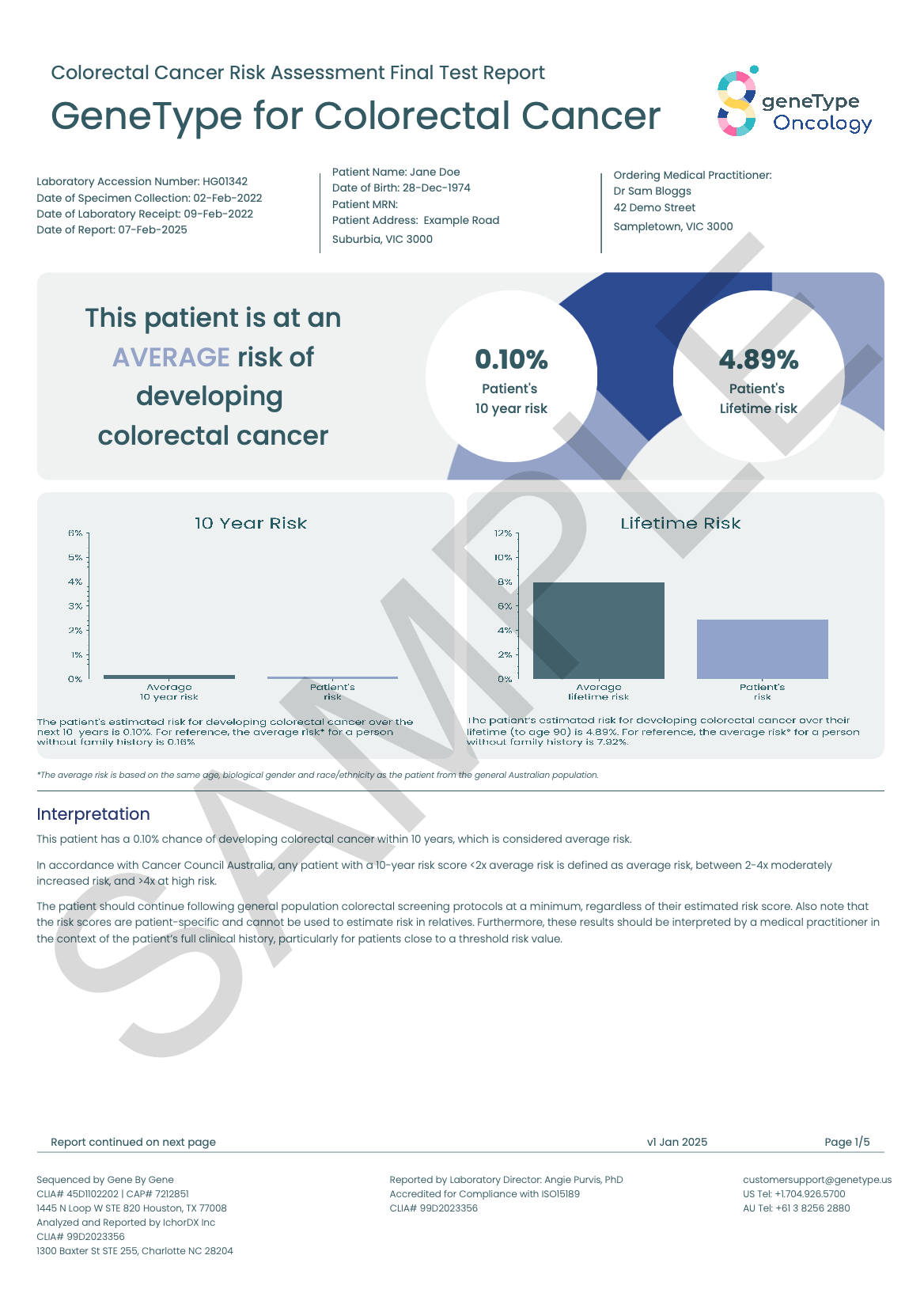
geneType™ reports help you and your health provider translate your personal clinical, family and genetic data into an actionable preventive health plan.
geneType™ for Colorectal Cancer can help you and your health provider develop a risk reduction health plan just for you.
Depending on your risk, your healthcare provider may discuss some or all of the following:
FIT, faecal immunological test; FOBT, fecal occult blood test.

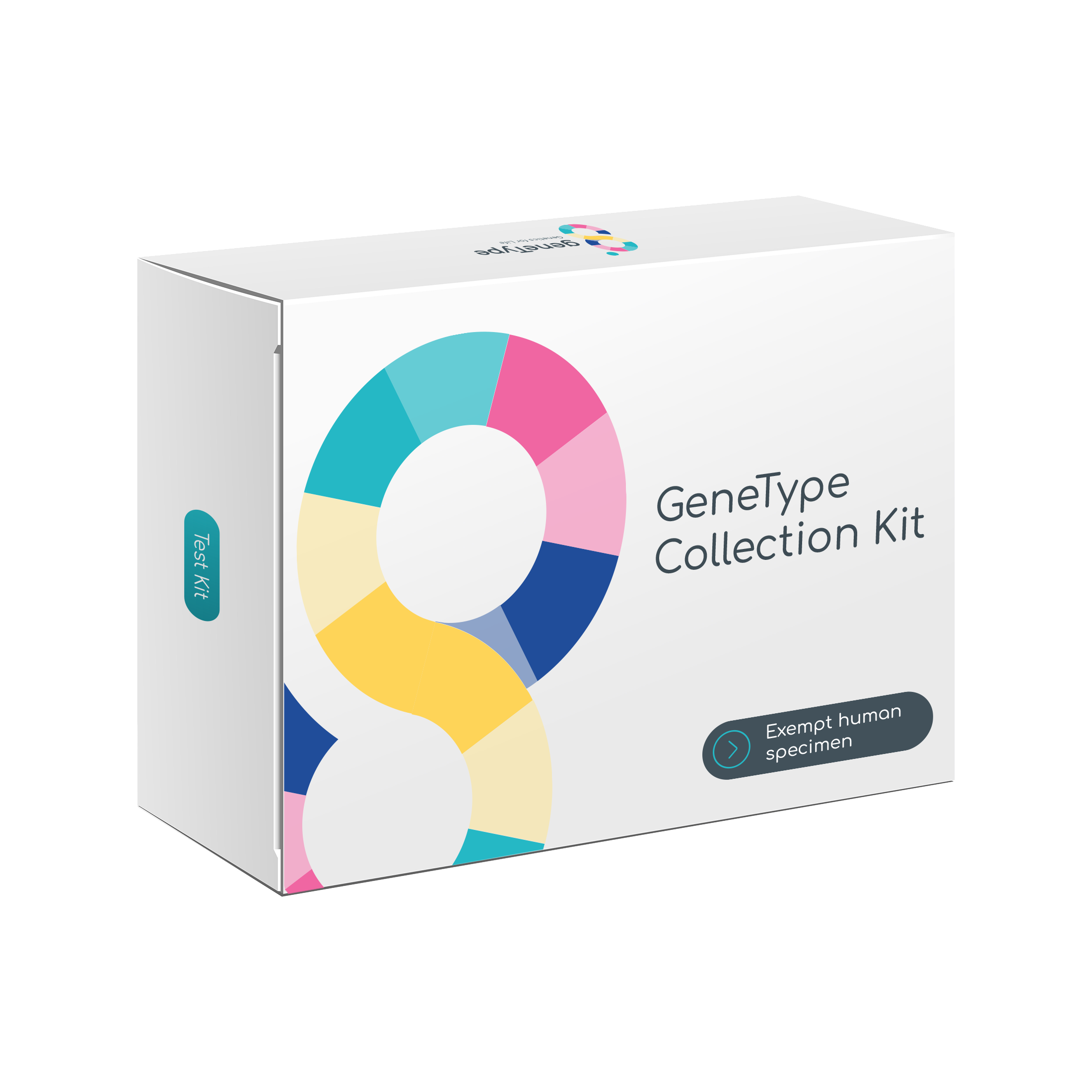
geneType™ for Colorectal Cancer is the only test that combines the following to give you a holistic and highly accurate risk prediction score.2
Integrated risk score based on:
If your question is not shown here, please Contact us directly.
Your results will tell you, based on genetics and other risk factors, your risk for developing sporadic colorectal cancer over two different time periods: the next ten years and in your lifetime. Your risk will be compared to the average risk for someone of your age, ethnicity, and sex. You and your health provider can then use this information to develop a personalised screening and risk reduction plan.
geneType™ for Colorectal Cancer combines several of your risk factors, such as age, family history, BMI, screening status, triglycerides and your DNA markers, into one comprehensive risk assessment.
No!
geneType™ for Colorectal Cancer collects your DNA from a saliva sample. You spit into the tube, put on the cap and then the tube is sent to our lab for processing.
A polygenic risk score combines the effects of multiple DNA markers to rank your risk against that of the general population. While one or two DNA markers don’t have a strong influence on risk, many markers together can have a larger impact. Your polygenic risk score adds up the effects of many DNA markers.
This test is not generally covered by insurance. However, you may use FSA/HSA to pay for the test. Your ordering healthcare provider will discuss the cost of the test with you. A credit card authorization form will be included in the test kit that lists the payment options. Or you will be able to pay via the geneType™ patient portal.
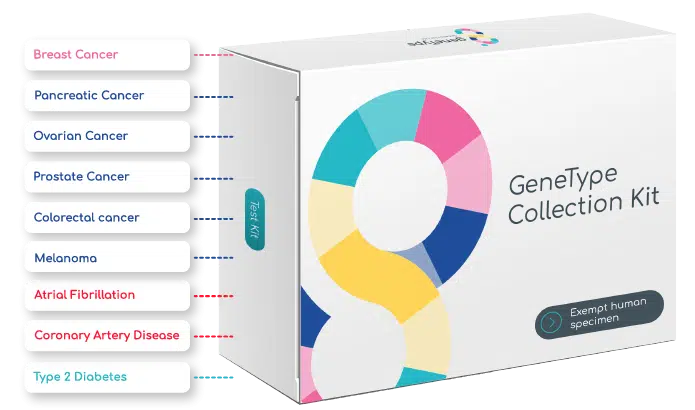
*Patient eligibility dependent on personal medical history, age and sex
The Multi-Risk suite of tests is for adults 40-85 years of age. At maximum, a woman would be eligible for eight diseases in the panel; a man would be eligible for seven. Starting at age 30, a patient may qualify for geneType’s™ cancer risk assessments only.
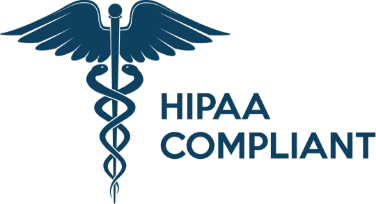
Accredited For Compliance With NPAAC Standards And ISO 15189